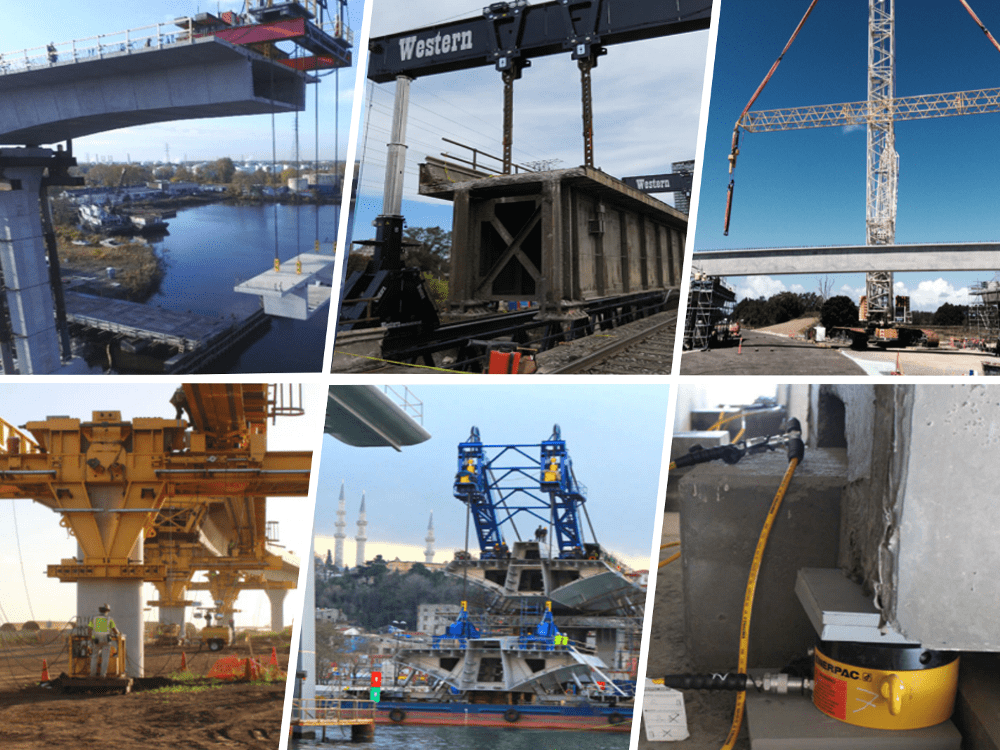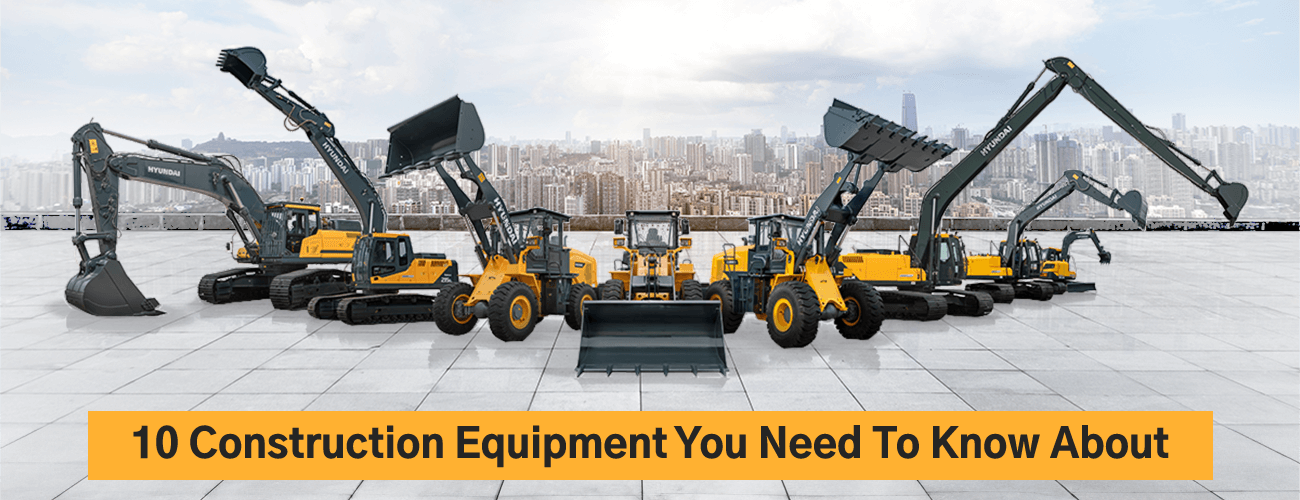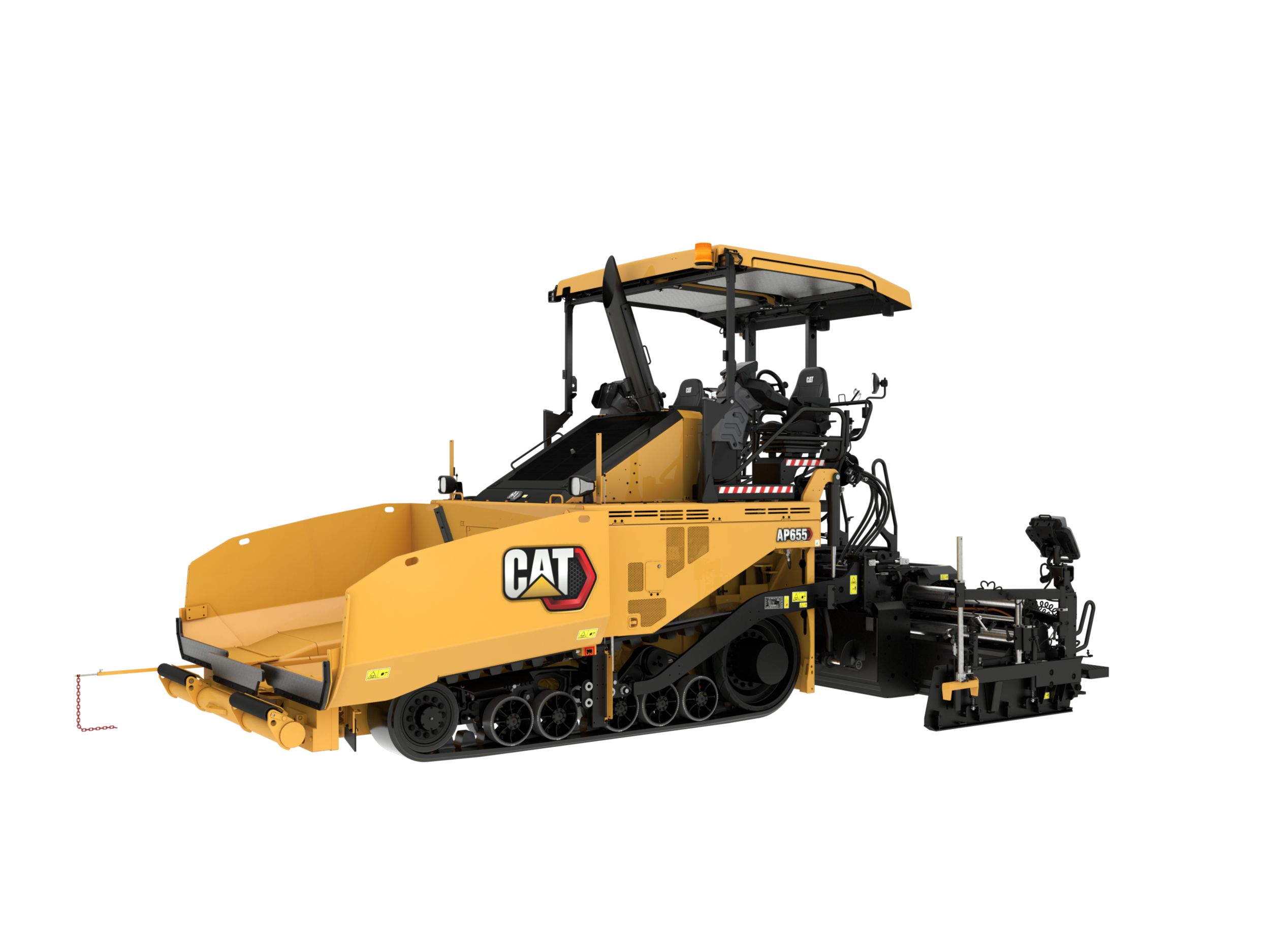Dozer Rental in Tuscaloosa, AL: Reliable and Budget-friendly Heavy Machinery
Dozer Rental in Tuscaloosa, AL: Reliable and Budget-friendly Heavy Machinery
Blog Article
Discovering the Financial Benefits of Renting Building And Construction Equipment Compared to Having It Long-Term
The decision between renting out and possessing building and construction equipment is pivotal for financial management in the sector. Renting out deals prompt price financial savings and functional adaptability, permitting business to designate resources much more effectively. Recognizing these subtleties is vital, particularly when thinking about just how they straighten with details task demands and financial techniques.

Expense Contrast: Leasing Vs. Possessing
When assessing the financial implications of having versus renting construction tools, a detailed price comparison is essential for making educated choices. The option between having and renting can dramatically affect a company's bottom line, and recognizing the linked costs is vital.
Renting out building equipment commonly includes reduced in advance costs, permitting organizations to allot funding to various other functional demands. Rental arrangements frequently consist of flexible terms, enabling firms to gain access to advanced machinery without lasting commitments. This adaptability can be particularly helpful for short-term jobs or fluctuating workloads. Nonetheless, rental costs can collect over time, potentially going beyond the expense of ownership if tools is needed for a prolonged duration.
On the other hand, possessing construction equipment needs a significant initial investment, together with recurring prices such as depreciation, insurance coverage, and funding. While possession can lead to long-term cost savings, it likewise links up resources and might not provide the same level of flexibility as renting. Additionally, owning equipment demands a dedication to its application, which might not constantly straighten with task needs.
Eventually, the decision to own or rent must be based upon a detailed analysis of certain job requirements, economic ability, and long-lasting tactical goals.

Maintenance Duties and expenditures
The choice between owning and renting construction devices not only involves financial considerations yet also incorporates recurring upkeep costs and responsibilities. Owning tools calls for a considerable commitment to its upkeep, that includes regular assessments, repair work, and potential upgrades. These responsibilities can promptly collect, resulting in unexpected prices that can stress a budget plan.
On the other hand, when renting out devices, maintenance is typically the duty of the rental business. This setup permits professionals to stay clear of the monetary problem connected with deterioration, as well as the logistical challenges of organizing fixings. Rental arrangements usually consist of provisions for maintenance, suggesting that contractors can focus on completing projects instead than worrying concerning tools problem.
Furthermore, the varied series of tools offered for rental fee enables firms to choose the most up to date models with sophisticated technology, which can improve performance and productivity - scissor lift rental in Tuscaloosa, AL. By going with services, companies can stay clear of the long-term obligation of tools devaluation and the connected upkeep frustrations. Ultimately, examining upkeep expenses and obligations is crucial for making a notified choice about whether to possess or rent building tools, considerably affecting general task prices and operational effectiveness

Devaluation Effect On Ownership

A substantial factor to consider in the choice to possess construction devices is the influence of depreciation on overall ownership expenses. Devaluation stands for the decrease in worth of the equipment in time, influenced by aspects such as use, wear and tear, and developments in innovation. As tools ages, its market value decreases, which can substantially impact the proprietor's financial position when it comes time to sell or trade the equipment.
For building companies, this devaluation can equate to substantial losses if the tools is not made use of to its max potential or if it lapses. Owners have to represent depreciation in their economic forecasts, which can result in greater general costs contrasted to renting. In addition, the tax effects of devaluation can be complex; while it might provide some tax obligation benefits, these are usually balanced out by the fact of minimized resale value.
Eventually, the burden of devaluation emphasizes the value of understanding the lasting financial dedication involved in having construction devices. Companies need to carefully examine how commonly they will certainly use the tools and the potential monetary influence of depreciation to make an enlightened choice regarding possession versus renting.
Monetary Adaptability of Renting
Leasing building and construction equipment provides considerable economic flexibility, enabling business to allot resources much more effectively. This flexibility is specifically essential in a market identified by fluctuating project demands and differing work. By deciding to rent out, businesses can avoid the substantial resources expense required for purchasing equipment, protecting money circulation for various other functional requirements.
Furthermore, leasing devices makes it possible for firms to customize their devices options to details task needs without the lasting dedication related to possession. This indicates that services can quickly scale their devices stock up or down based on current and anticipated task demands. As a result, this versatility decreases the risk of over-investment in equipment that might end up being underutilized or outdated over time.
An additional economic advantage of leasing is the potential for tax benefits. Rental payments are commonly taken into consideration general expenses, allowing for immediate tax obligation deductions, unlike depreciation on owned equipment, which is topped numerous years. scissor lift rental in Tuscaloosa, AL. This instant expense acknowledgment can even more improve a firm's money position
Long-Term Task Considerations
When examining the lasting needs of a building organization, the choice between possessing and renting equipment ends up being extra complex. For projects with prolonged timelines, buying tools might appear advantageous due to the potential for lower general prices.
The construction industry is developing rapidly, with brand-new devices offering improved effectiveness and security functions. This flexibility is specifically helpful for organizations that manage diverse projects calling for various types of equipment.
In addition, economic stability plays an essential role. Possessing devices typically involves significant capital financial investment and depreciation concerns, while renting out enables more foreseeable budgeting and AL capital. Inevitably, the choice in between having and renting needs to be aligned with the critical goals of the construction service, taking into account both existing and anticipated job needs.
Conclusion
In conclusion, renting construction devices uses significant economic benefits over long-term ownership. Ultimately, the decision to rent rather than own aligns with the dynamic nature of construction projects, permitting for adaptability and access to the most current devices without the monetary problems connected with ownership.
As equipment ages, its market value diminishes, which can substantially impact the owner's monetary position when it comes time to sell or trade the tools.
Leasing building devices provides significant financial adaptability, permitting business to assign resources extra successfully.In addition, leasing equipment makes it possible for firms to tailor their equipment selections to certain job requirements without the lasting commitment associated with possession.In final thought, renting building and construction devices provides substantial economic advantages over long-term possession. Ultimately, the choice to lease instead than own aligns with the vibrant nature of building projects, permitting for adaptability and accessibility to the newest tools without the monetary burdens connected with ownership.
Report this page